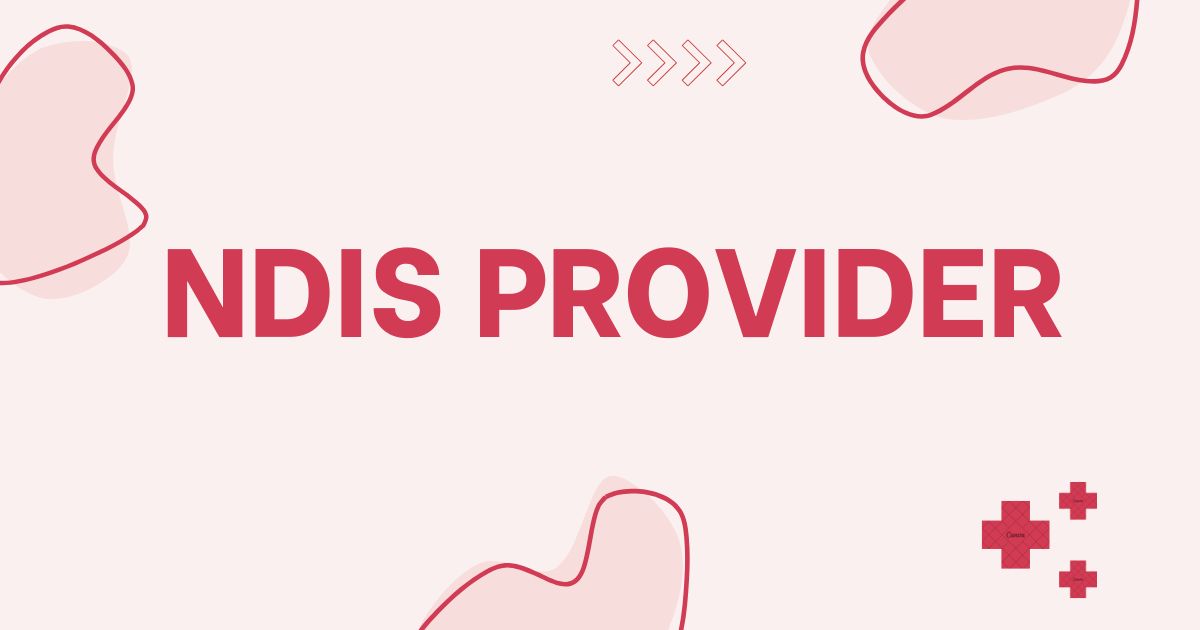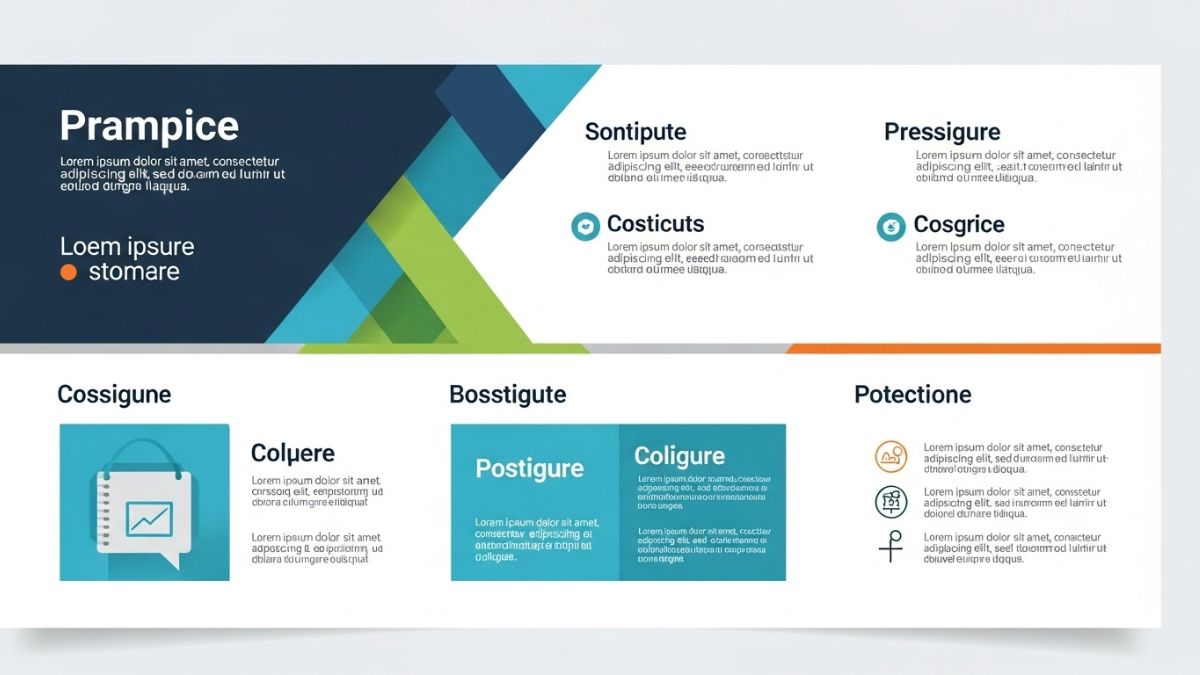NDIS providers are the cornerstone of Australia’s National Disability Insurance Scheme (NDIS). They are individuals or organizations approved to deliver support services to NDIS participants. These providers can be either registered or unregistered, depending on the types of services they offer and the preferences of participants. Their main role is to help people with disabilities achieve their goals and enhance their quality of life.
Role of an NDIS Provider
The main responsibility of an NDIS provider is to offer support that aligns with each participant’s NDIS plan. This includes a wide range of services like personal care, community access, transport assistance, therapy, and more. Providers work closely with participants to ensure that services are personalized and outcomes-focused.
Registered vs. Unregistered Providers
Registered providers are approved by the NDIS Quality and Safeguards Commission and must meet strict quality and safety standards. Unregistered providers can still offer services but cannot work with participants who have NDIA-managed plans. The choice between the two often depends on participant preferences and funding arrangements.
How to Become a Registered NDIS Provider
To become a registered provider, individuals or businesses must go through a detailed application process that includes verification or certification by an approved auditor. They also need to comply with the NDIS Practice Standards, which cover areas such as rights of participants, governance, service delivery, and risk management.
Benefits of Being a Registered NDIS Provider
Registered providers gain credibility and trust in the NDIS marketplace. They are eligible to work with all participants, regardless of how their funds are managed. This broader access can lead to more business opportunities and increased client referrals.
Challenges Faced by NDIS Providers
While being a provider comes with many benefits, it also involves navigating regulatory requirements, managing compliance, training staff, and maintaining detailed documentation. These tasks can be time-consuming but are essential to delivering safe and effective support.
NDIS Quality and Safeguards Commission
The Commission plays a crucial role in regulating NDIS providers. It ensures that providers deliver high-quality care and meet legal standards. They also handle complaints, conduct audits, and issue penalties for non-compliance.
Importance of the NDIS Practice Standards
These standards are a set of quality benchmarks all registered providers must meet. They cover rights, privacy, choice and control, service agreements, and delivery of supports. Adhering to them ensures services are ethical, respectful, and safe.
NDIS Code of Conduct for Providers
Every provider must abide by the NDIS Code of Conduct. This includes treating participants with respect, acting with integrity, and delivering services safely and competently. The code fosters trust and accountability in the sector.
Types of Services Offered by NDIS Providers
NDIS providers deliver a wide variety of supports, including:
Daily personal activities
Community participation
Supported independent living (SIL)
Capacity building (e.g., therapy, skill development)
Transport and mobility services
Assistive technology and home modifications
Each service must match the individual needs of the participant’s approved plan.
How Participants Choose Their Providers
NDIS participants have full control over who provides their services. They can choose based on cost, location, qualifications, reviews, and personal rapport. This flexibility empowers individuals and encourages providers to maintain high standards.
How Providers Can Stand Out in a Competitive Market
To thrive, providers must offer exceptional service, clear communication, reliable support, and competitive pricing. Building a strong reputation through testimonials, social media presence, and participant referrals is key to long-term success.
Technology and Innovation in NDIS Services
Modern NDIS providers are embracing technology to streamline operations. This includes apps for scheduling, progress tracking, invoicing, and real-time communication with participants and their carers. Innovation not only improves service delivery but also enhances participant experience.
Compliance and Risk Management
Providers must ensure they follow all legal and operational guidelines to avoid penalties or suspension. This involves ongoing staff training, internal audits, client feedback, and documentation of every service provided. Risk management frameworks are vital for maintaining trust and avoiding disputes.
Building Trust with NDIS Participants
Establishing trust begins with honest communication, setting clear expectations, and consistently delivering quality services. Providers must be empathetic, responsive, and respectful of participants’ preferences, cultures, and boundaries.
NDIS Provider Responsibilities for Staff
Providers are responsible for hiring and training qualified staff. Background checks, certifications, and continued professional development ensure that workers meet the high standards expected in the disability care sector.
How to Expand as an NDIS Provider
Growth involves increasing service offerings, expanding to new regions, or collaborating with other providers. It’s important to scale ethically, maintain quality, and ensure new clients receive the same level of personalized care.
Common Mistakes NDIS Providers Should Avoid
Mistakes such as poor communication, unclear service agreements, inconsistent support, or ignoring feedback can harm a provider’s reputation. Staying proactive and participant-focused helps avoid these pitfalls.
Keeping Up With NDIS Policy Changes
NDIS regulations are frequently updated, so staying informed is crucial. Providers should subscribe to official NDIS updates, attend industry webinars, and participate in community forums to keep up with any changes that may affect their services.
How to Handle Complaints and Feedback
Complaints should be seen as an opportunity for improvement. Providers must have a clear complaint resolution process in place and respond quickly and respectfully to issues raised by participants or their carers.
Why Participant Outcomes Matter
The success of an NDIS provider is ultimately judged by the participant’s progress. Measuring outcomes such as improved independence, well-being, and community participation helps ensure services are making a meaningful difference.
Insurance and Legal Considerations
NDIS providers must hold appropriate insurance such as public liability, professional indemnity, and workers’ compensation. These safeguards protect both the provider and the participant in the event of an accident or dispute.
Creating Service Agreements
A service agreement is a vital document that outlines the scope of services, responsibilities, costs, and cancellation terms. Clear agreements prevent misunderstandings and set the foundation for a smooth provider-participant relationship.
The Future of NDIS Providers
The NDIS landscape continues to evolve with new technologies, policies, and expectations. Providers who adapt, innovate, and prioritize participant well-being will remain relevant and successful in the long run.
Conclusion
NDIS providers play an essential role in supporting Australians living with disabilities. Whether you’re a new provider or an experienced one, understanding your responsibilities, delivering quality services, and building meaningful relationships are key to success. By staying compliant, innovative, and participant-focused, NDIS providers can truly make a lasting impact.
FAQs
What is the difference between registered and unregistered NDIS providers?
Registered providers are approved by the NDIS Commission and meet strict standards, while unregistered providers can still operate but can’t work with NDIA-managed funds.
How long does it take to become a registered NDIS provider?
The registration process can take several weeks to months, depending on the complexity of services and auditing requirements.
Can NDIS participants change their provider?
Yes, participants have full control and can switch providers if they are unhappy or want different support.
Are NDIS providers required to have insurance?
Yes, providers must hold relevant insurance like public liability and professional indemnity to operate legally and safely.
What happens if an NDIS provider doesn’t follow the rules?
Non-compliance can lead to penalties, suspension, or removal from the NDIS provider register by the NDIS Commission.















